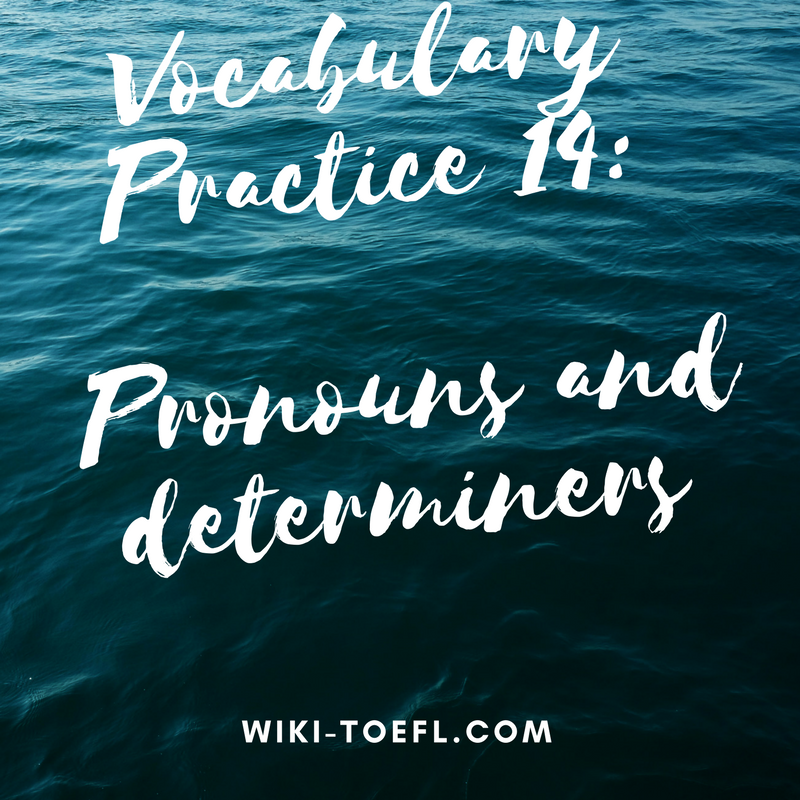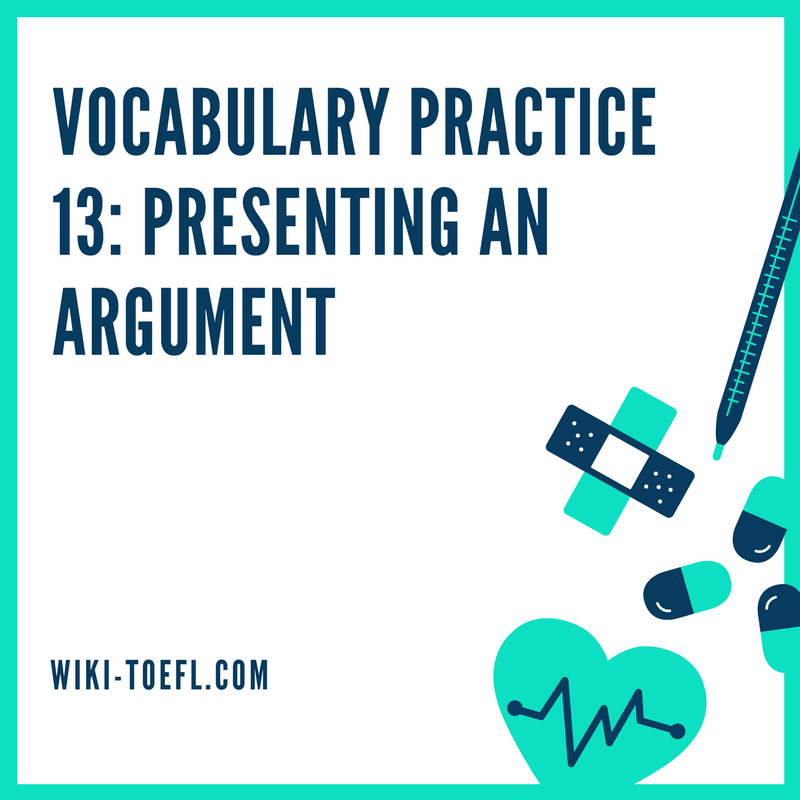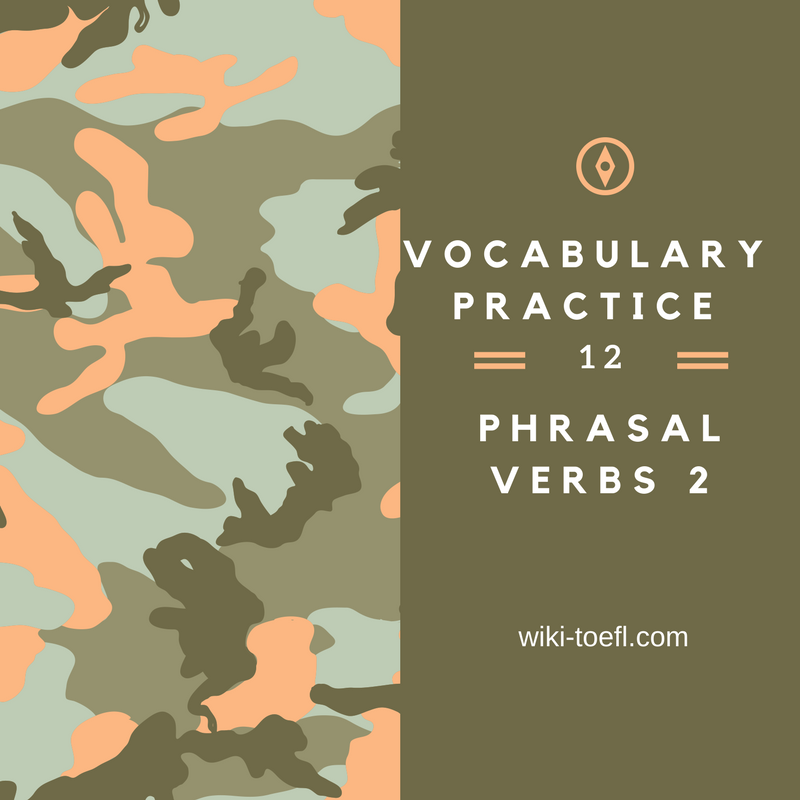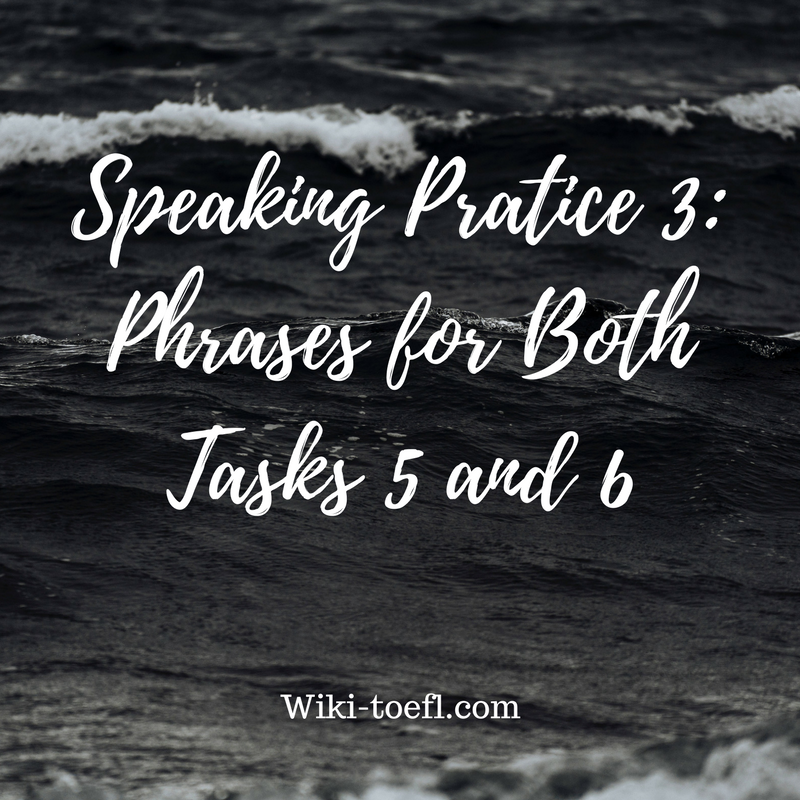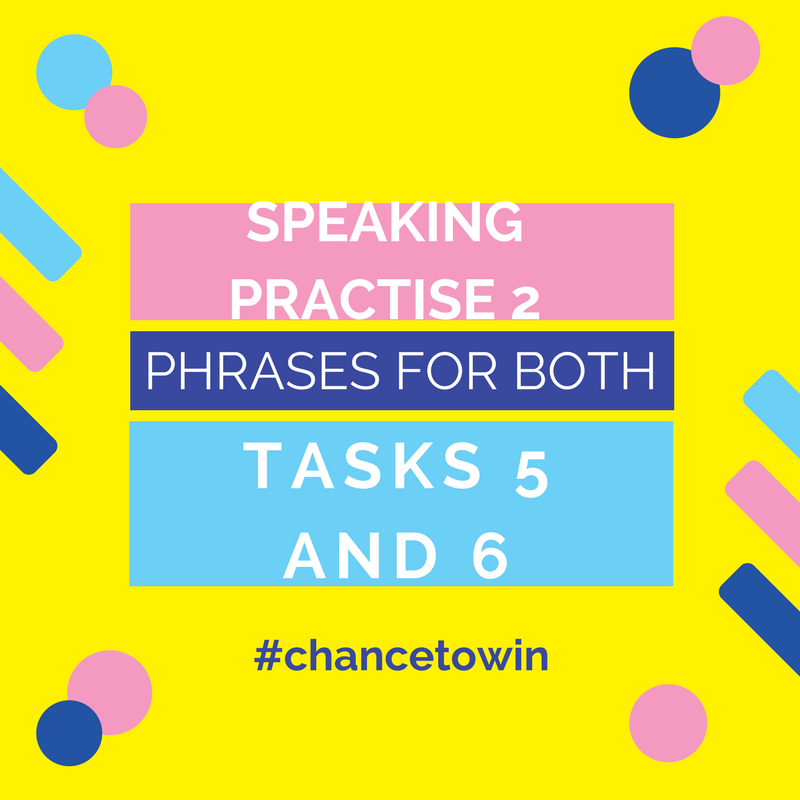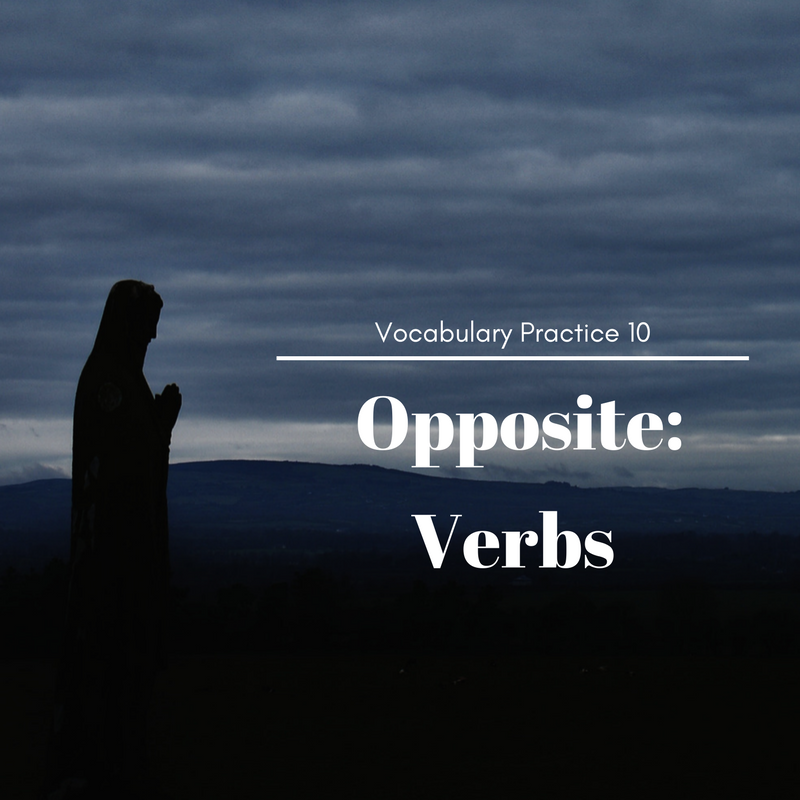Practice Test 15: Similar meanings (Nouns)
Exercise 1:Look at sentences 1 – 20. These can either be completed with a word from box A or a word with a similar meaning from box B. Identify both the words that could be used. In some cases, you will need to add an -s to one or both of the words when you put them into the sentence
| A | B |
| acclaim accommodations agenda appeal appointment assistance benefit discipline discount drop fallacy fault means opposition poll proof proximity requirement victory work | advantage closeness decline defect employment evidence help housing meeting method misconception order petition praise prerequisite resistance reduction schedule survey triumph |
1. We have a very busy ___________ / ___________ today, so I suggest we start as soon as possible.
2. The college provides cheap ___________ / ___________ for its staff and students.
3. With regard to attendance and punctuality, we need to maintain ___________ / ___________ at all times.
4. Thank you for your kind ___________ / ___________: I couldn’t have done it without you.
5. There has been a sharp ___________ / ___________ in the number of people attending afternoon classes.
6. The early computer program had several ___________ / ___________ which need to be sorted out before it could be used.
7. There has been a lot of ___________ / ___________ to the new schedule: nobody likes the earlier starts and later finishes to the day.
8. There is no ___________ / ___________ to show that standards of living have improved.
9. Students holding a valid student card are eligible for a 10% ___________ / ___________ on book prices.
10. The bar is popular with our students because of its ___________ / ___________ to the college.
11. I can’t see you this afternoon because I have a / an ___________ / ___________ with my tutor.
12. The Turkish writer Orhan Pamuk received international ___________ / ___________ for his novel “Snow”.
13. At the height of its success, the studio provided ___________ / ___________ for over 3,000 people.
14. There are several ___________ / ___________ to working from home: you save on travel costs, for one thing.
15. If you want to do a Degree in Middle East Studies, a basic knowledge of Arabic is one of the main ___________ / ___________
16. The cheapest ___________ / ___________ of traveling around the U.S.A. is by Greyhound bus.
17. The ___________ / ___________ taken before the election did not reflect the final result.
18. His ruling in the case was a ___________ / ___________ for common sense and freedom of speech.
19. Many people believe that exercising makes you more hungry: this is in fact a ___________ / ___________.
20. The ___________ / ___________ was rejected by the arbitrating committee, despite the fact it had been signed by over 5,000 people.
Exercise 2: Instructions as above.
| A | B |
| admission alteration characteristic choice code component cooperation discussion liability magnitude overview priority problem protest question result strategy valid winner zenith | access change collaboration complication consequence deliberation demonstration (short) description element feature good importance option peak plan precedence query responsibility rule victor |
1. The ___________ / ___________ against the war spread to most parts of the city by midnight, with at least 50 arrests taking place.
2. The college ___________ / ___________ state(s) that students must attend at least 80% of their classes.
3. The college accepts no ___________ / ___________ for any damage to vehicles in the car park.
4. There are two ___________ / ___________ available to you: work hard on improving your mid-term grades, or consider changing your course.
5. Our latest prospectus provides a / an ___________ / ___________ of our courses and a brief history of the university.
6. Nobody understood the ___________ / ___________ of the results: it was assumed that everything would stay the same, whereas there were in fact profound changes
7. Thanks to their ___________ / ___________ with several affiliated companies, they managed to create a virtual monopoly for their product.
8. I hope you have a ___________ / ___________ reason for missing so many of your classes.
9. The empire reached its ___________ / ___________ at the end of the nineteenth century.
10. If you have any ___________ / ___________ please ask a member of staff.
11. A purple rash and a persistent cough is one of the ___________ / ___________ of this disease.
12. We had hoped that everything would run smoothly, but unfortunately there have been several ___________ / ___________.
13. Before you start studying for the TOEFL, you should come up with a ___________ / ___________ that will help you to make the most of your study time.
14. Safety in the workplace is very important, and should take ___________ / ___________ over everything else.
15. Is it necessary to make any ___________ / ___________ to the plan, or should we keep it as it is?
16. In the battle of the sexes there can never be a true ___________ / ___________.
17. Fieldwork is a key ___________ / ___________ of this course.
18. After much ___________ / ___________, we decided to reject her offer.
19. Climate change could have disastrous ___________ / ___________ for farmers.
20. ___________ / ___________ to the building after 6 p.m. is limited to staff and full-time students only.
Exercise 3: Instructions as above
| A | B |
| advent achievement amenity argument backing category charisma disparity display ending implication invention notion number part proceeds reflection review specialist ultimatum | accomplishment (personal) appeal appearance classification component concentration difference dispute exhibit expert facility final demand earnings idea innovation sign suggestion support termination write-u |
1. The book received a lot of good ___________ / ___________ in the press, and went on to become one of the year’s bestsellers.
2. Before the ___________ / ___________ of the home PC in the mid-80s, not many people knew how to type.
3. Unlike his much-loved father, the young leader lacked ___________ / ___________ and failed to become popular with his people.
4. The best English dictionaries are those for English-language learners: dictionaries in this ___________ / ___________ tend to give very clear definitions with good examples.
5. The board ordered the ___________ / ___________ of all research, with the result that it was another five years before a cure for the illness was found.
6. Technological ___________ / ___________ have changed the world in the last 20 years.
7. Large ___________ / ___________ of unskilled, unemployed people in certain parts of the country have resulted in a rise in crime and street violence.
8. I’m not an economics ___________ / ___________, but even I know that a drop in unemployment often leads to a rise in inflation.
9. With ___________ / ___________ from her teachers, she was able to start an international languages club at the school.
10. Our new Economics tutor has a strange ___________ / ___________ that all students are lazy and irresponsible.
11. You will find the problem easier to solve if you try breaking it down into its separate ___________ / ___________.
12. His promotion to director was a remarkable ___________ / ___________ for someone so young.
13. Our head of department gave us a / an ___________ / ___________ get down to some serious work or get out.
14. Despite several changes to the pay structure, there is still a ___________ / ___________ in pay between graduate trainees and non-graduates.
15. All ___________ / ___________ from the sale of part of the grounds will be re-invested in the college.
16. His irrational behavior eventually led to a serious ___________ / ___________ with his sponsors.
17. College ___________ / ___________ include a gym, a swimming pool, a canteen, and a garden where students can relax.
18. The museum’s ___________ / ___________ of prehistoric tools and artifacts is surprisingly popular with children.
19. I’m not happy with your ___________ / ___________ that my work is below standard.
20. A person’s choice of clothes is a / an ___________ / ___________ of his or her personality.


